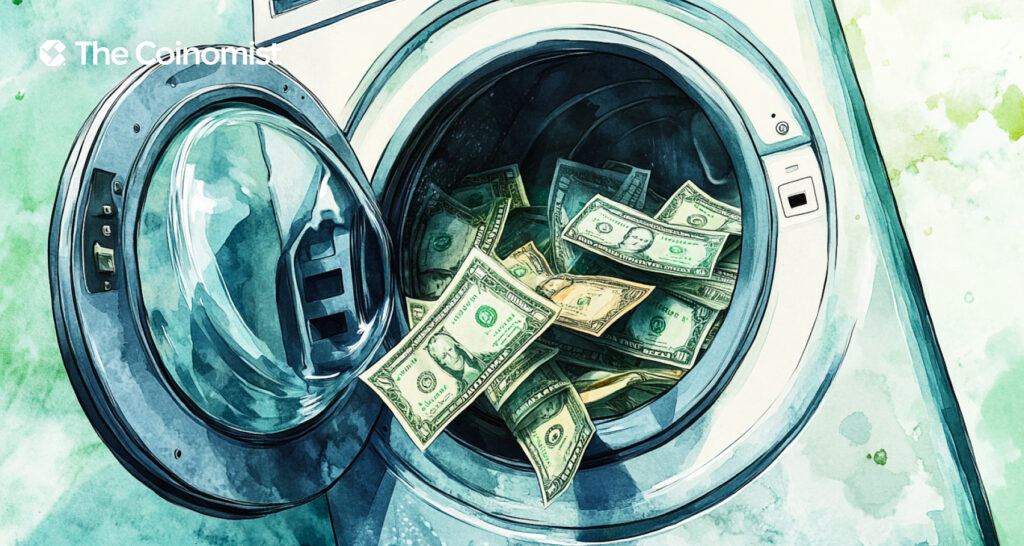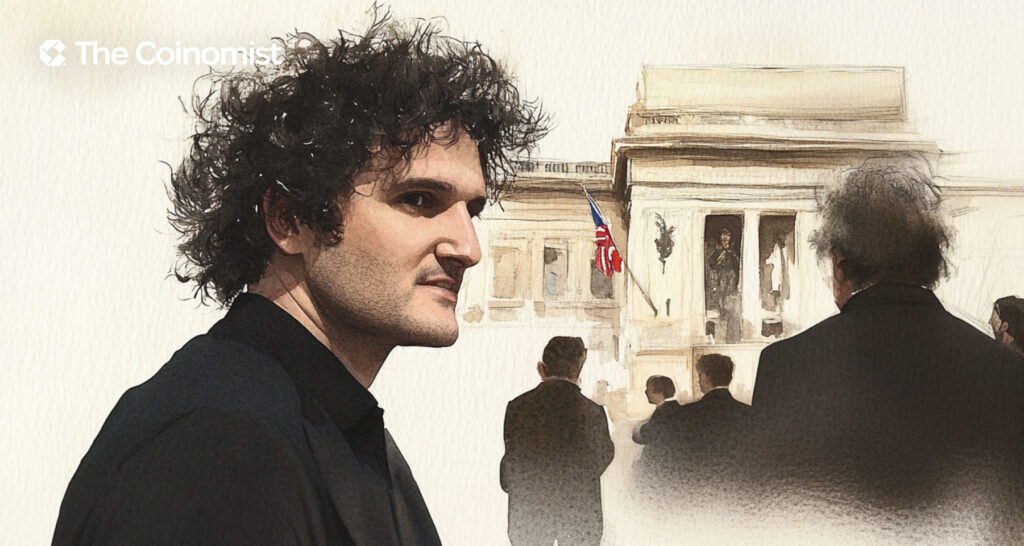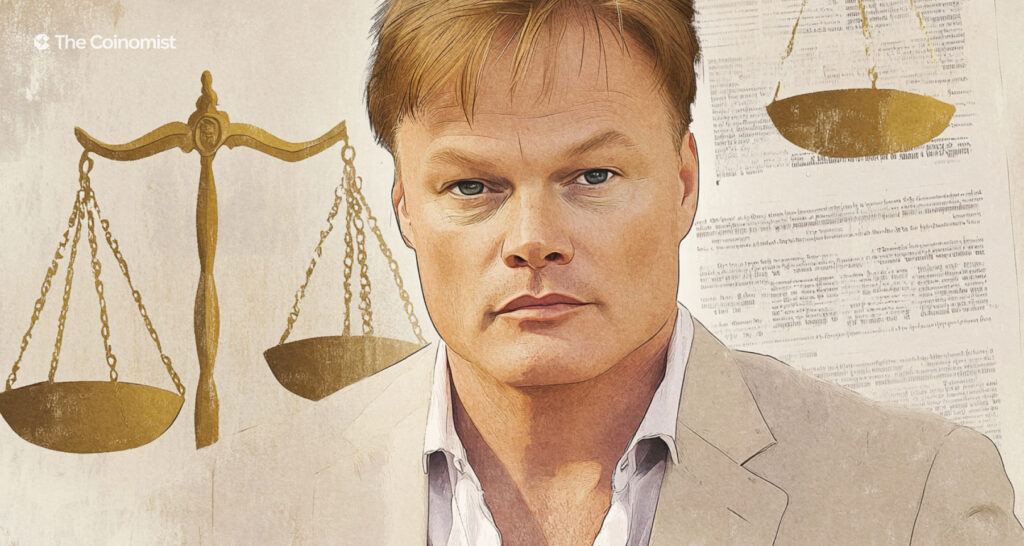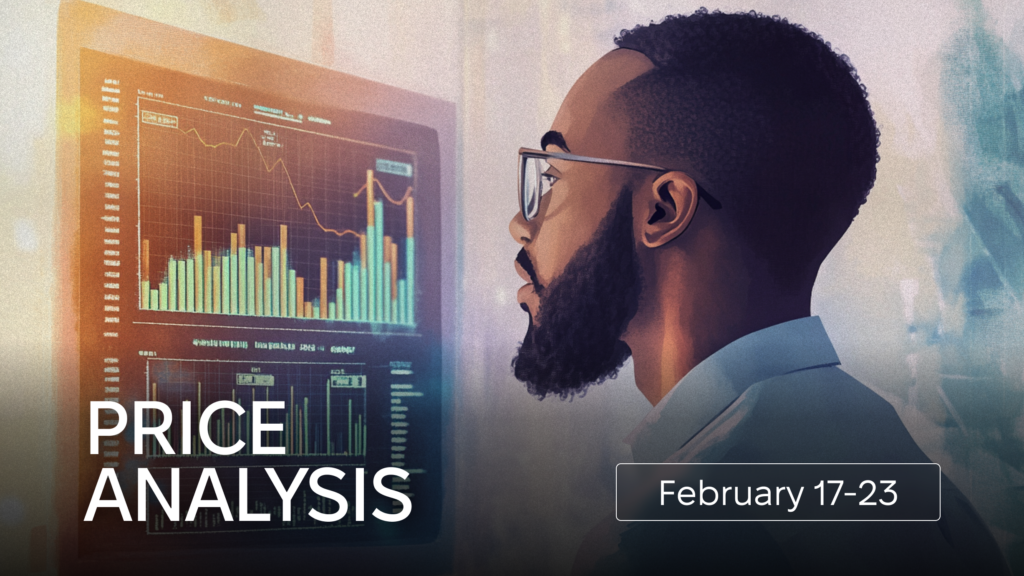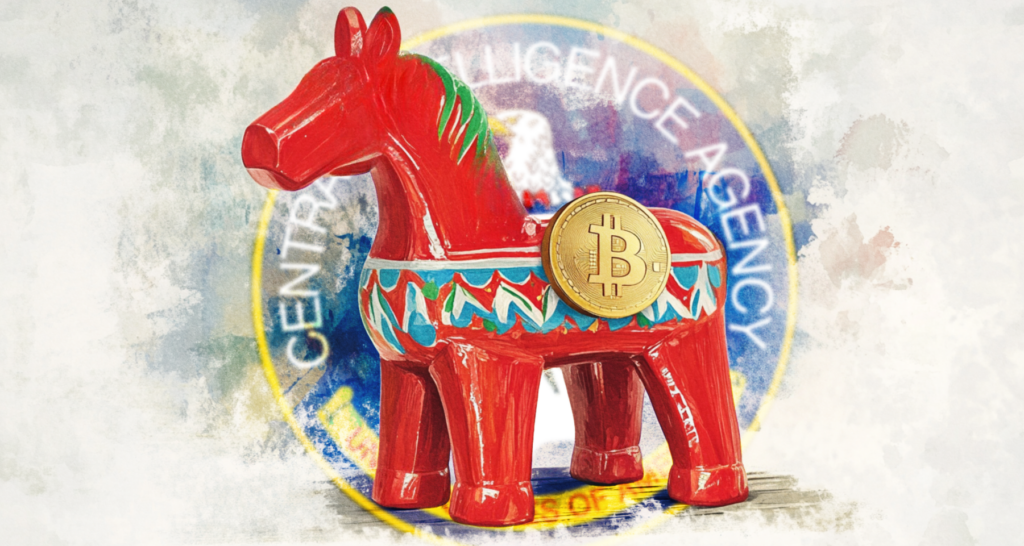How to Choose a Prop Trading Firm?

In September 2023, the leading prop trading firm MyForexFunds announced its shutdown, sparking concern within the trading community about how to choose reliable prop firms. This article outlines three critical factors to consider in your selection process.
On this page
Prop trading allows traders to operate with capital provided by a prop firm under a profit-sharing agreement. This model offers access to more significant capital and opportunities to enhance trading skills.
In a traditional prop model, the profit share is about 30/70 in favor of the prop trading company. A modern alternative is challenge-based prop firms, which tend to favor the trader in profit distribution.
Economic Model of Challenge-Based Prop Firms:
- Challenge Cost: The fee for participating in a challenge usually ranges from 7–15% of the funding amount. For example, a chance to manage a $10,000 account might cost between $100–$150.
- Challenge Difficulty: Participants must prove their trading proficiency. Common requirements include an 8–10% profit target, a maximum loss cap of 10%, and a maximum daily drawdown of 5%.
- High Participant Volume: The exact number of individuals engaging in prop trading is unknown, but given the topic's popularity, it could be in the millions.
This model implies that users failing the challenges subsidize the payouts to funded traders (those who pass the challenge and receive funding). While this may seem pyramid-like, as long as the success rate for challenges remains below 1%, there will be sufficient liquidity for the operation of prop firms.
Reasons for Concern
In September 2023, the assets of MyForexFunds, a major prop-trading firm, were frozen by US and Canadian financial regulators due to issues like client deception, undisclosed fee charges, market condition manipulation, and discrepancies in trade execution.
The CFTC (Commodity Futures Trading Commission) stated that MFF engaged in unregistered trading activities in Canada and illegal securities distribution.
Following MFF, another prop firm, TrueForexFunds, encountered operational challenges but managed to recover and continue its operations.
So, here are 3 factors to consider:
1) Prop Trading Company Reputation
Reputation is the most crucial factor when choosing a prop trading firm. A positive community sentiment indicates, at a minimum, an absence of user deception and, in the best case, the stability of the prop firm.
To assess a company's reputation, consider the following:
- Reviews. Reviews on the company's website can be fabricated, and those on specialized platforms can be bought. Therefore, instead of searching for reviews on Google, ask about the company in trading community chats.
- Project Creation Date. The longer a prop company has been in existence, the more reliable it is. The community tends to be cautious about young props created in 2023–2024.
- Broker Reputation. Most prop companies publish information about working with specific brokers. Pay attention to their reputation, relationship with regulators, and clients. Moreover, prop companies might open their own “one-day broker.”
While community opinion doesn't guarantee 100% reliability of a prop firm, choosing between props with clearly bad and clearly good reputations, opting for the latter increases the likelihood that everything will be fine.
2) Compliance with Regulatory Requirements
A reliable prop company must be regulated by the laws of the jurisdiction in which it is registered. For traders, it's essential not only to see compliance with regulatory requirements but also to understand the range of regulations that apply to the prop company or the broker it cooperates with.
For example, the broker is based in New Zealand (FMA) and also operates under a license from the Seychelles Financial Services Authority (FSA). To understand the regulation range, one must visit the regulator's official website and check the list of assets the prop or broker is licensed to trade.
The community is skeptical about prop trading companies based (and, accordingly, regulated) in the Seychelles, UAE, and other island or Middle Eastern jurisdictions.
3) Trading Features in a Prop Trading Firm
Distinctive characteristics of prop trading companies include their trading features and challenge conditions, such as the cost of the challenge, minimum profit level, maximum drawdown level, the ability to trade during news events, etc.
When choosing a prop, pay attention to the following:
- Payout Principle. The average profit distribution between the trader/prop is 80%/20% of the earned funds. If a prop inflates this ratio in favor of the trader (for example, 90%/10%), it likely has liquidity issues and is thus attracting new users.
- Commissions. To open a trade, traders need to pay a commission or account for the spread (the difference between the best buy and sell orders). Different props offer various commissions depending on the market (forex, indices, cryptocurrencies) and the assets themselves (EUR, XAU, BTC). Similarly, with payouts: the better these conditions for traders, the more cautious one should be in choosing a prop.
- Time Restrictions. In the summer of 2023, numerous prop companies added the option to complete challenges without time limits. If the cost of such an option is no different from the price of a timed challenge, similar to the previous points, this could also indicate liquidity issues.
Among prop companies, “standard” values have formed for various indicators. That's why any deviation in favor of the trader can raise concerns. The logic is simple: if prop companies have problems with new funds, they attract new users by reducing the difficulty of passing the challenge or providing better trading conditions.
Final Thoughts
Prop firms are a beneficial tool for trading and building personal capital. However, like anywhere in trading, working with a prop involves certain risks – from losing funds in case of a challenge failure to potential fraud by the company.
Choosing a prop firm is an individual process. Therefore, before starting your search for a suitable option, define your goal: account size, challenge difficulty and cost, time perspective, etc.
The content on The Coinomist is for informational purposes only and should not be interpreted as financial advice. While we strive to provide accurate and up-to-date information, we do not guarantee the accuracy, completeness, or reliability of any content. Neither we accept liability for any errors or omissions in the information provided or for any financial losses incurred as a result of relying on this information. Actions based on this content are at your own risk. Always do your own research and consult a professional. See our Terms, Privacy Policy, and Disclaimers for more details.






